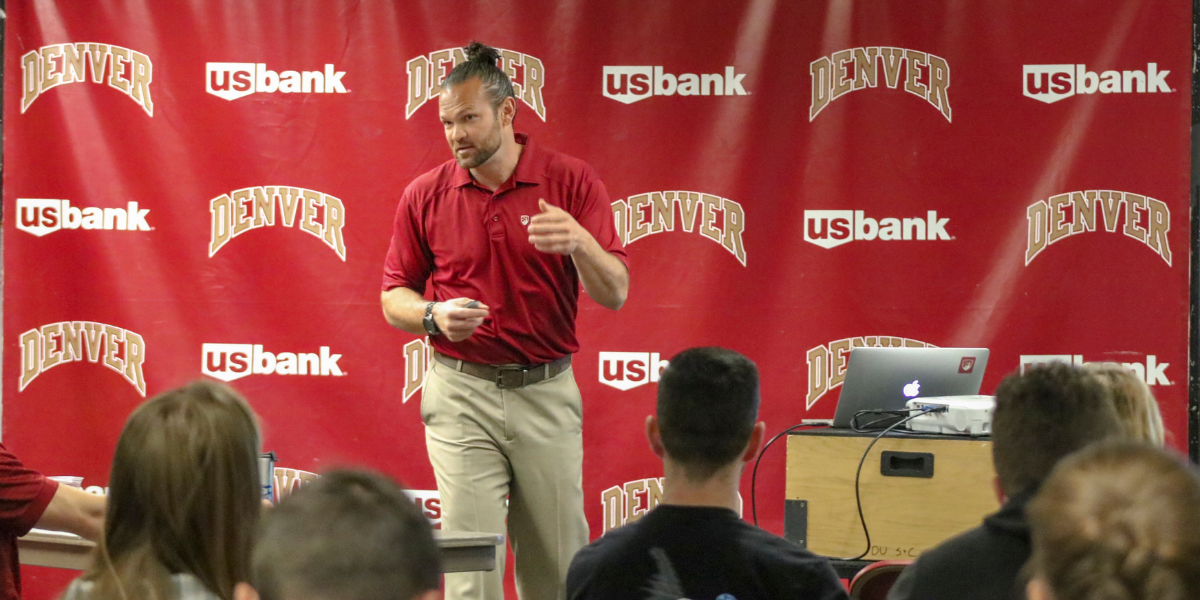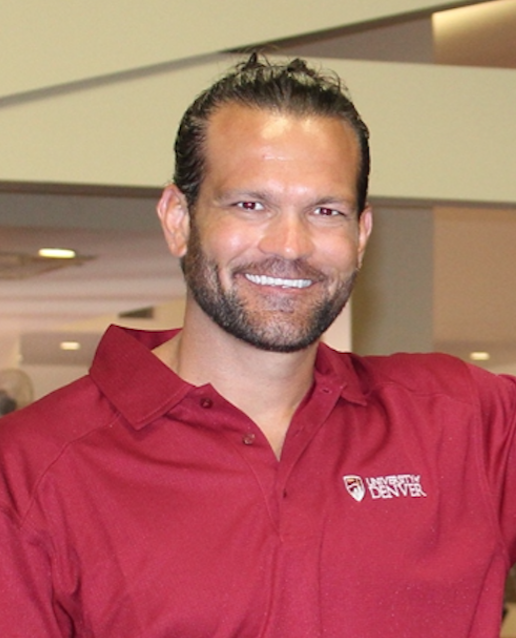What can you do with a sport coaching degree?

Sport coaching education programs at the undergraduate and graduate level have been on the rise in recent years. Given the lack of regulations within the sport coaching profession, we find that we are often without a general standard for competent coaching at various levels. Undergraduate programs typically prepare novice coaches, who gain some to little practical experience by the time they graduate. These aspiring coaches may be ready for some sort of entry into the coaching profession, but are they prepared to work with athletes who truly rely on them?
Master’s degree programs, on the other hand, typically contain coaches of varying backgrounds and experiences, who are currently coaching athletes at an assortment of levels. But often, when coaching students graduate from these programs, they obtain positions outside the scope of what we might assume.
Consider a typical conversation I have with online students in the Master of Arts in Sport Coaching program here at the University of Denver:
Dr. K: Hi Mackenzie, great to hear from you. How is coaching going?
Mackenzie: Coaching’s going great. We’re just heading into the NCAA Division I final championship weekend.
Dr. K: Good luck, keep me posted. Row hard, and row fast. I hope you all do great.
Mackenzie: Thanks! For now, I wanted to pick your brain on going into Physical Therapy School.
Dr. K: Interesting…. are you thinking of transitioning out of high-performance rowing coaching?
Mackenzie: Possibly. I’m thinking about my interests in biomechanics research in relation to rowing performance and sport injuries [that I learned about in your course]. I thought physical therapy school would be a good fit with my experience, and still allow me to specialize in working with athletes. Would this be applicable?
Dr. K: Yes, absolutely. We’ve had a couple other students go this route, too. That is, beginning a Physical Therapy program after graduating from our Master’s program. I have to tell you though, physical therapy school admissions are tough, so it’s good that you’re thinking about this now.
Mackenzie: Okay. How do you think I should start the process?
Dr. K: First, check out some of the different types of programs and what they are looking for in the application requirements. Also, Dr. G, Dr. Mills, and I just recorded a video to help coaching-students navigate beyond our master’s level program. I’ll shoot it over to you, as it will provide an informative view of navigating these programs, how to set yourself up for getting into these programs, and some other things to consider.
Over the years, a few of our coaching-students have transitioned into becoming a physical therapist, a coach developer with a PhD in sport coaching, or other fields of study with upper-level doctorate degrees.
But, what about students who hold an undergraduate or master’s degree in coaching?
This leads us back to the original question:
What can you do with a sport coaching degree?
Here are some positions you may consider:
- Youth sport coach
- Interscholastic coach
- NCAA, NAIA, Junior college coach
- Private entrepreneurial coach
- Primary or high school teacher
- P.E. Teacher
- Strength and conditioning coach
Positions in sport development and management:
- Community development worker
- Director or organizational leader of a private sport facility
- Physical activity development manager
- Outdoor education manager
- Sport & leisure facility manager
- Events manager
- Sport administrator
- Athletic director
Positions in sport media:
- Sport journalist
- Commercial sport manager
- Sport business start-up company manager
- Sport technologist
Positions in the fitness and health industry:
- Fitness education manager
- Stunt expert
- Fitness instructor and personal trainer
- Tactical strength and conditioning coach
- Health promotion specialist
- Sport and exercise nutritionist
- Dietician
- Sport therapist
Positions related to research and sport science:
- Sport analyst
- Researcher
- Exercise physiologist
- Biomechanistic
- Sport and exercise psychologist
- Socio-cultural scientist
Other avenues coaching-students might explore:
- Full or part-time athlete
- Police officer
- Firefighter
- First responder
Is it surprising that a sport coaching degree can lead to some of these areas? Here’s the bottom line:
Coaching is a dynamic and complex interpersonal and social process that requires a vast range of knowledge and skills. This is without even considering the sport-specific technical and tactical knowledge that is required as well.








